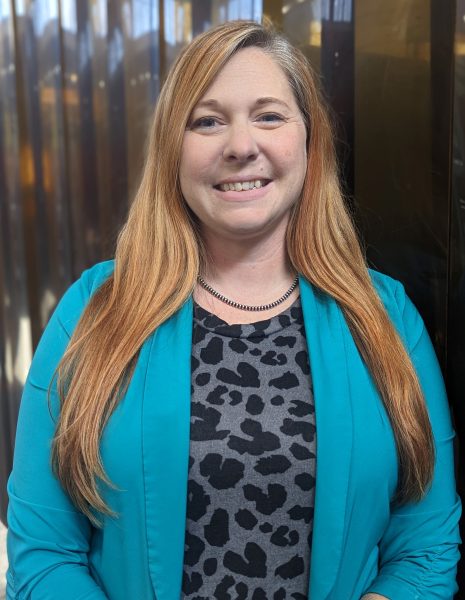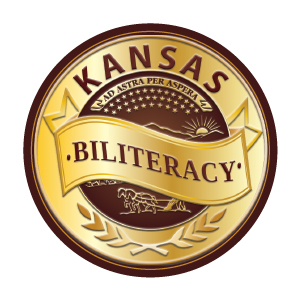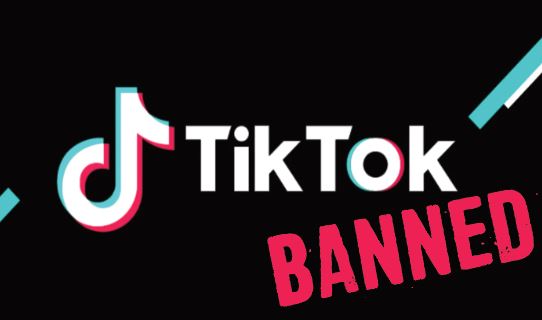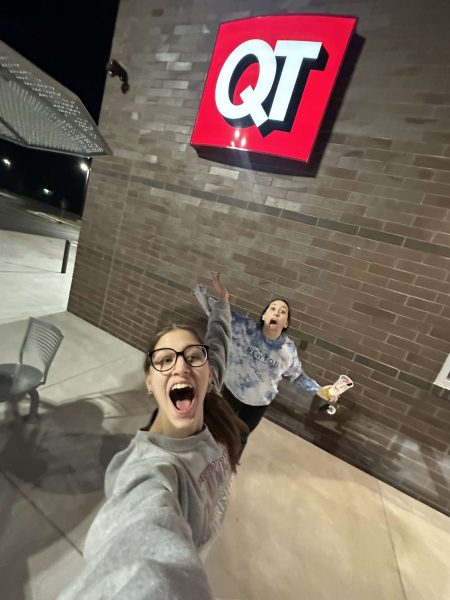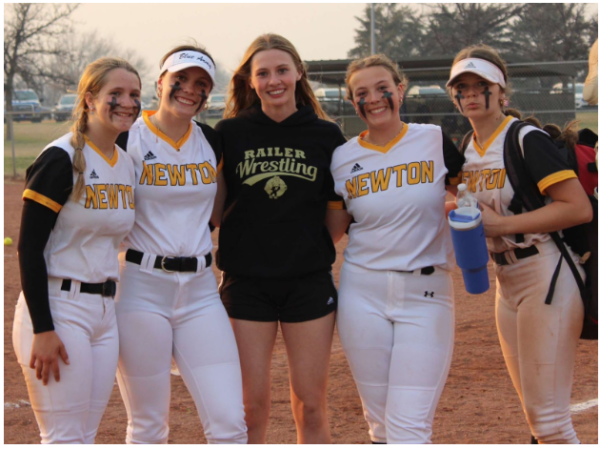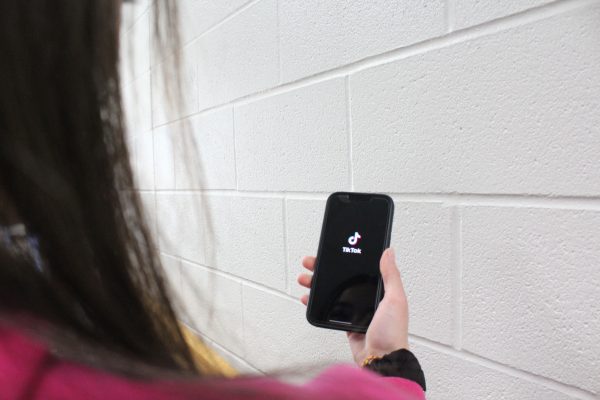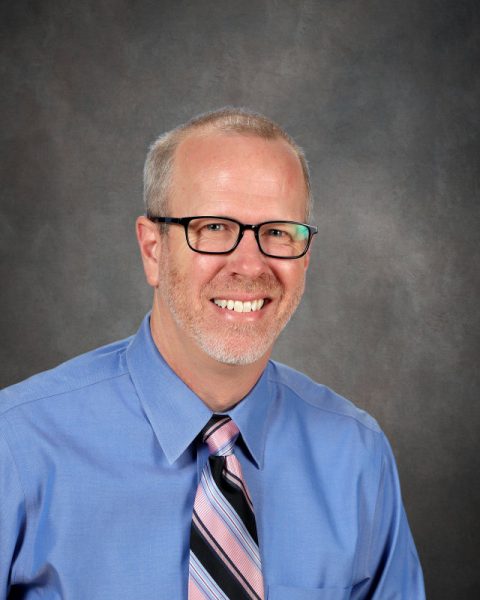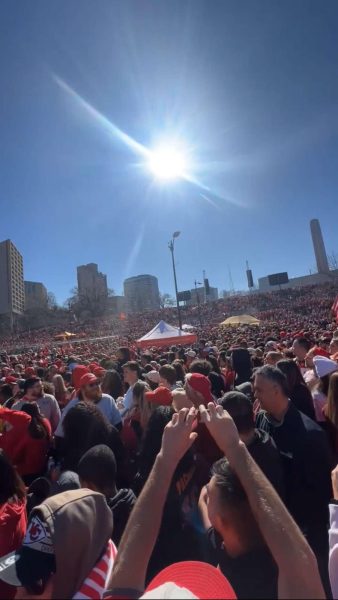New code of conduct ‘Life of a Railer’ implemented for 2019-20 school year
“School spirit is important because it sets the tone for various aspects of the school and its students. When the student body is involved in events on and off campus, it demonstrates a passion for pride that is immeasurable and contagious.”
This is an excerpt from an article posted by Missouri State University that rings true for all schools. According to athletic director Brian Becker, school pride is an important characteristic of Newton High School, just like any other school, and one way pride is demonstrated is by student participation in extracurricular activities, such as sports, clubs and other activities, like debate/forensics and digital media design and production.
One question that arises when it comes to the student body representing the Newton community and their school is how they compose themselves. The activities they participate in that may affect their reputation as a school, as well as the students’ physical and mental well-being. In other words, the code of conduct. New in the 2019-2020 school year, Life of a Railer, is the new code of conduct policy that high school administration believes implementation will aid in representing Newton High School in a positive light and providing students with the resources they need to ensure they can get help when they make poor decisions.
“We felt it was very important to not just hold the athletes accountable, which is what our previous code of conduct did, but rather if you represent Newton High School in any type of competition or production,” Becker said. Whether it be debate, forensics, scholars bowl, etc. If you represent NHS in any way, we felt that was important for every student that represents the high school in that way to have the same code of conduct.”
The Life of a Railer code of conduct takes heavy inspiration from a similar policy, that was created by John Underwood, who specializes in human performance consultation, and has a background in consulting national and Olympic level teams all around the world, as well as working with military special forces.
“They [the task force assigned with creating the new code of conduct] have really taken a concept from something called Life of an Athlete, which was developed by John Underwood,” Becker said, “The whole concept of Life of an Athlete is about making healthy decisions. It talks about substance abuse, your overall health and well-being with physical activity [such as] with sleeping and eating healthy.”
Although the Life of a Railer code of conduct is not specifically geared towards substance abuse related consequences for students, it makes sure to outline how student drug use situations will be handled.
“We set up the consequence part of the policy in kind of a tiered system. We wanted this to be a policy that gave students an opportunity to learn from their mistakes, to get help if they need help,” Becker said. “If you have a violation for the first time, it is 20% of your competition season [that you are no longer eligible for], and the student would be set up with a chemical health consultant. [For a second violation] it goes to a 50% of your season docked, and in order to give back to the community, five hours of community service. If a third violation would occur, that would be the point where it would mean removal from all extracurricular activities [for the rest of the year].”
As the competitive season for school activities begin, one particular athlete believes the new code of conduct to be unnecessary, due to his hopes being that nobody on their team does drugs, yet he still thinks the Life of A Railer will work to his benefit.
“I’m on the football team, and so I hope that the guys on the team don’t use any drugs or anything like that,” senior Drake Henrich said, “[But] I think it will also help remind us and keep our heads in the game.”
The Life of A Railer code of conduct is not designed to work as an extension of law enforcement, but rather as a resource for the betterment and insurance of the students potential.
“Our goal is not to necessarily be punitive and punish and penalize kids for doing things they shouldn’t be doing. Obviously, there are going to be consequences involved,” Becker said. “But our goal is we want you guys as students making good healthy choices for yourself and for your families, as well as your future.”



